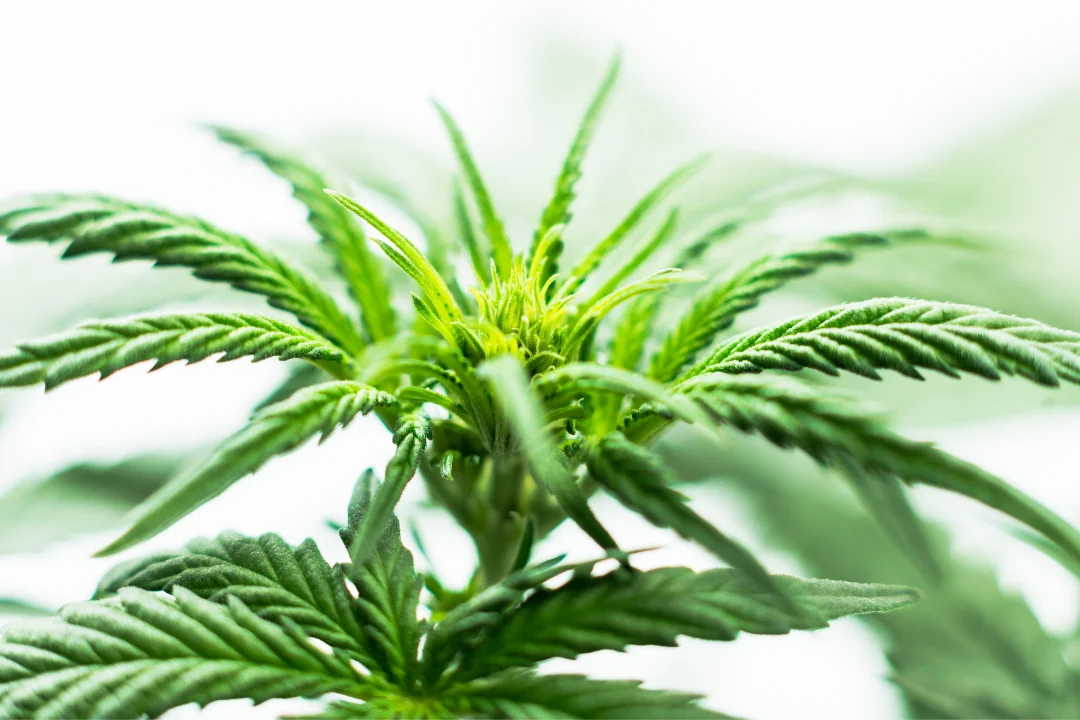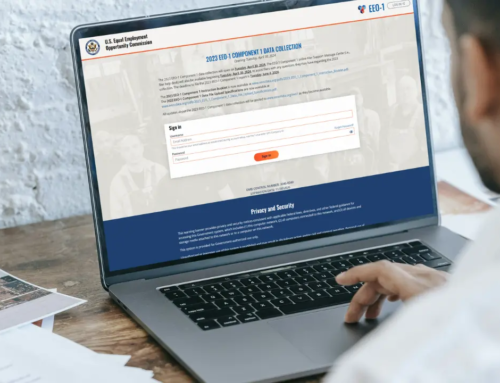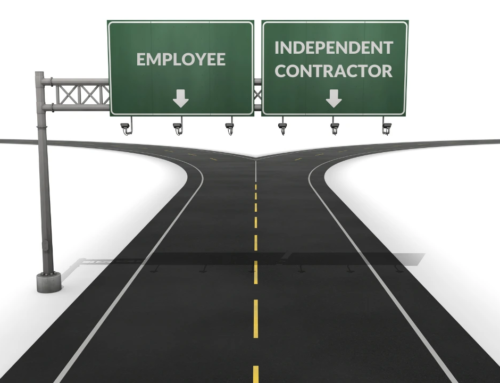Last month, the House passed H.R. 3617, also known as the Marijuana Opportunity Reinvestment and Expungement Act, or MORE Act. The bill removes marijuana from the federal list of controlled substances and eliminates penalties for the distribution and use of the drug. While it is uncertain that the Senate will move the bill forward, the passage by the House comes after many states have already passed decriminalization laws related to cannabis use for medicinal and recreational purposes.
While recreational marijuana is now legal in 18 states and medicinal use is legal in 37 states, protections for cannabis-using employees and job seekers are not as clear. Employers can restrict the use of the drug during work hours; however, because cannabis stays in the system for days, it can complicate drug testing and use policies.
Medical and recreational marijuana use is becoming more socially acceptable. In an environment where employers are vigorously competing to attract top talent, employers are faced with the decision of whether to include marijuana in pre-employment and random drug testing. Some states and cities are addressing the gap in the laws to protect workers.
State and City Protections for Off-Duty Marijuana Use Among Workers
Some states and cities are increasing protections for cannabis-using employees and applicants to fill in gaps in-laws and to respond to employer-friendly court decisions regarding marijuana use. Several recent laws and ordinances address the off-duty use of marijuana and pre-employment drug screens.
In Philadelphia, an ordinance prohibiting employers from subjecting candidates to pre-employment marijuana testing as a condition of employment took effect on January 1, 2022. New York City passed similar legislation in 2019.
In 2021, New York state legalized marijuana use through the Marihuana Regulation and Taxation Act, which also protects workers from disciplinary action as a result of legal cannabis use outside of work hours and premises.
Similarly, last year New Jersey legalized recreational marijuana use among adults and issued rules barring employers from taking adverse action against employees due to cannabis use outside work hours.
Virginia prohibited employment discrimination related to the lawful use of medical cannabis oil by workers through a 2021 amendment to their state’s medical marijuana law. This amendment restricts employers from discharging an employee partaking in the lawful use of cannabis oil should they have a valid written certification issued by a certified health care practitioner for the treatment.
While Nevada legalized marijuana use over five years ago, Nevada extended legal protections to job candidates who test positive for marijuana in 2020, forbidding employers from withholding a job offer in the event a pre-employment marijuana test comes back positive. The law also protects employees in their first 30 days of employment.
Developments to Watch
Developments in the legalization of marijuana across the country and worker protections in states and cities are happening quickly. Here’s what to keep an eye on:
Illinois HB4116
Illinois legalized recreational marijuana use in 2019 and saw more than $1 billion in sales of cannabis products in 2021. It was only in March of this year, however, when the state addressed the workplace gap.
The Illinois House approved HB4116 extending workplace protections for cannabis users, preventing employers from rejecting job applicants or firing workers if they test positive for marijuana, with some exceptions. The bill is scheduled for a third reading in the state Senate later this year.
Maryland Marijuana Legalization Amendment
Legalizing marijuana use among adults is on the ballot in Maryland in November 2022. If the measure passes, cannabis will be legalized in the state as of July 1, 2023.
No Worker Protection for Marijuana Use in Mississippi
In an interesting twist to recent employee-friendly Marijuana-related lawmaking, Mississippi passed the Mississippi Medical Cannabis Act earlier this year. In addition to legalizing medical cannabis use, the new law specifically states that it does not prohibit employers from taking adverse action against job applicants and employees using medical marijuana legally.
This could be a trend to watch as the remaining states without legalized marijuana lean toward embracing the value of marijuana for medicinal purposes while also restricting all other uses and protections.
What Employers Need to Know
Because marijuana laws are fairly new and there are a variety of state-specific laws that don’t adequately address the employment relationship, lawsuits are being filed, and court decisions are adding to the complexity for employers. Additionally, fundamental laws affecting employment relationships, such as the Americans with Disabilities Act, may come into effect with medicinal marijuana use. For these reasons, it is critical to consult with your employment attorney to update your drug use and testing policies and when considering taking action against an employee as a result of marijuana use.
In addition to consulting with your attorney, you can:
- Set alerts to notify you of any federal, state, or local changes to existing marijuana laws and regulations in the geographical areas in which you have employees.
- Reevaluate your company’s stance on pre-employment marijuana testing given your geographic location and your specific industry and workforce (some safety-sensitive jobs, such as drivers, are not covered by marijuana use protections).
- Routinely review your drug use and testing policy with your employment attorney to ensure compliance with the latest laws and court interpretations of those laws. Be sure to clearly communicate any changes to your managers and employees.
Resources
SHRM: House Passes Cannabis Law as Support for Legalization Grows




